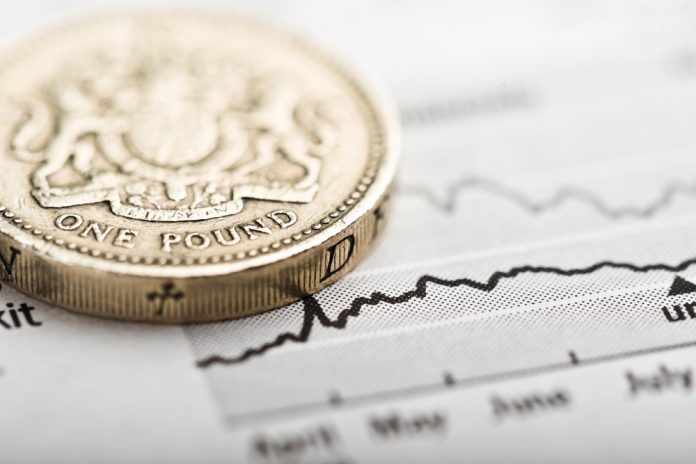Consumer prices hit their highest level in two and a half years in January, with rising fuel costs pushing inflation higher.
Inflation reached 1.8 percent last month, the Office for National Statistics (ONS) said on Tuesday, up from a rate of 1.6 percent in December.
Higher oil prices across the globe led the rise, causing the price of fuel to increase. Food prices also contributed, remaining unchanged between December 2016 and January 2017 having fallen a year ago.
According to the ONS the upward pressures were “partially offset by prices for clothing and footwear, which fell by more than they did a year ago”.
The rising figures come in the wake of the Bank of England’s warning earlier this month that inflation will rise above 2.7 percent in around a year’s time, as Britain’s vote to leave the European Union pushes up the cost of imports.
However, the increase does take UK inflation closer to the Bank of England’s target rate of 2 percent.
In a statement, the ONS also added that, as of March 2017, the Consumer Prices Index including owner occupiers’ housing costs (CPIH) will become the main inflation figure. This figure includes owner occupiers’ housing costs and Council Tax, both of which are seen by the ONS to be “important components of household expenditure”.
Excluding oil prices and other volatile components such as food, core consumer price inflation held steady at 1.6 percent. This was below analysts expectations of a rise to 1.8 percent.

